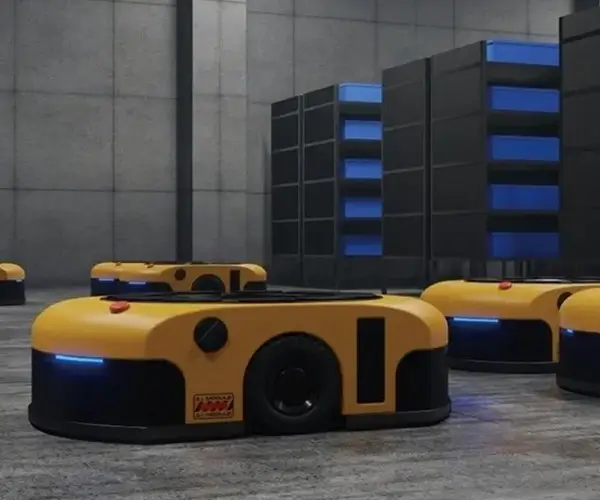When it comes to precision in motion control, two of the most commonly used types of motors are servo motors and stepper motors. Although they might seem similar at first glance, these two types of motors work in different ways and serve different purposes. Understanding these differences can be key when selecting the right motor for your needs. So, let’s break it down.

Servo Motors: Smooth, Accurate, and Responsive
Servo motors are designed for high-performance applications that require speed, precision, and smoothness. Imagine you’re working on a robotic arm, or you’re looking to control the position of a camera with extreme accuracy. A servo motor is perfect for this kind of work. They use a feedback system to constantly adjust the motor’s position. This allows for fine control over the speed and the direction, making them incredibly reliable in dynamic situations.
What’s unique about a servo motor is its ability to hold a position or move to an exact location without overshooting. This is because the motor uses a feedback loop from a sensor, such as an encoder. With a servo motor, you get constant feedback on the motor's movement, ensuring that it always stays in the right place. This makes them ideal for applications like CNC machines, industrial automation, or even camera stabilization systems.
Stepper Motors: Precision, But with a Different Twist
On the other hand, stepper motors take a different approach to motion control. Instead of relying on continuous feedback like the servo motor, stepper motors divide a full rotation into precise steps. This makes them ideal for applications where you need incremental movement. Think of it like the way a clock ticks — each “tick” is a precise movement, and the clock’s hands can move in specific increments.
Stepper motors are often used in 3D printers, DIY projects, or applications where precision is important but the feedback loop isn’t as crucial. They are relatively easy to control and can maintain a position without much effort, although they tend to have lower torque and are less responsive at higher speeds compared to servo motors. So, while they are great for things like moving a 3D printer head back and forth, they might struggle with tasks requiring rapid adjustments or high precision.
Comparing the Two: Which One Should You Choose?
It all boils down to what you need from your motor. If you’re working on a project that requires quick adjustments, high torque, and smooth motion, a servo motor is likely the better choice. They excel in high-end applications where precision and responsiveness are critical.
However, if you're working on something simpler where you don’t need to control every little aspect of the movement but still require precision in increments, a stepper motor might do just fine. They’re also easier to control and can be cost-effective for applications that don’t demand the high performance of a servo.
At the end of the day, it’s all about understanding what you’re trying to accomplish. Whether you choose a stepper or a servo motor, both have their own strengths, and knowing when to use each one can make a world of difference in your project’s success.
And if you're still unsure about which motor is right for your needs, don't hesitate to ask questions. We’ve been working with these motors for years and are always happy to offer insights into which one might be best suited for your application.
Established in 2005, Kpower has been dedicated to a professional compact motion unit manufacturer, headquartered in Dongguan, Guangdong Province, China. Leveraging innovations in modular drive technology, Kpower integrates high-performance motors, precision reducers, and multi-protocol control systems to provide efficient and customized smart drive system solutions. Kpower has delivered professional drive system solutions to over 500 enterprise clients globally with products covering various fields such as Smart Home Systems, Automatic Electronics, Robotics, Precision Agriculture, Drones, and Industrial Automation.




































